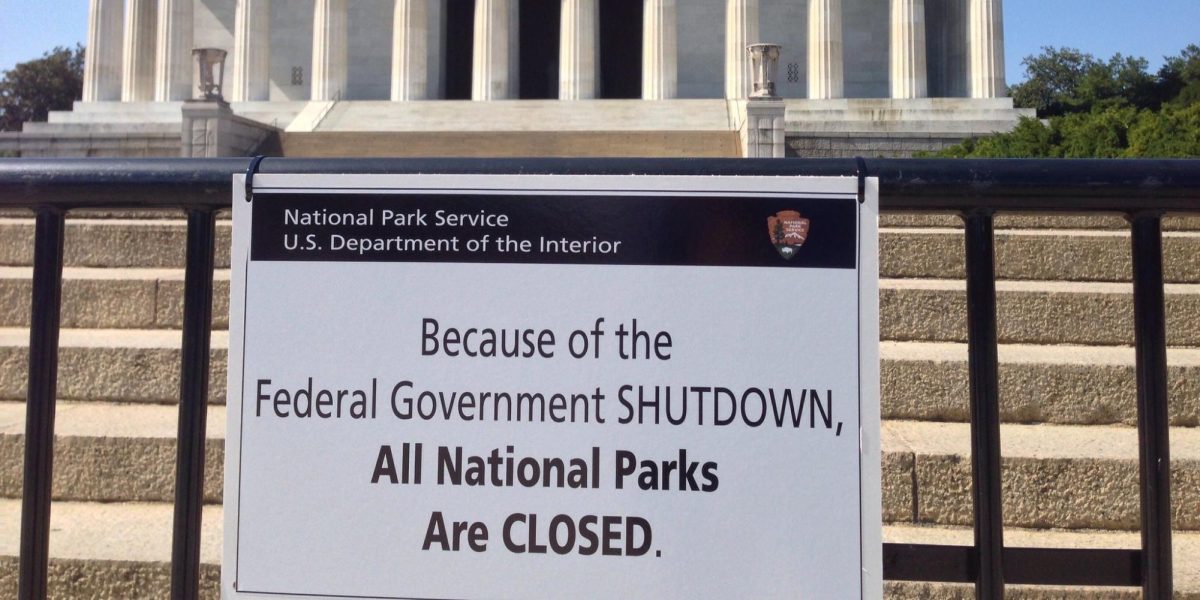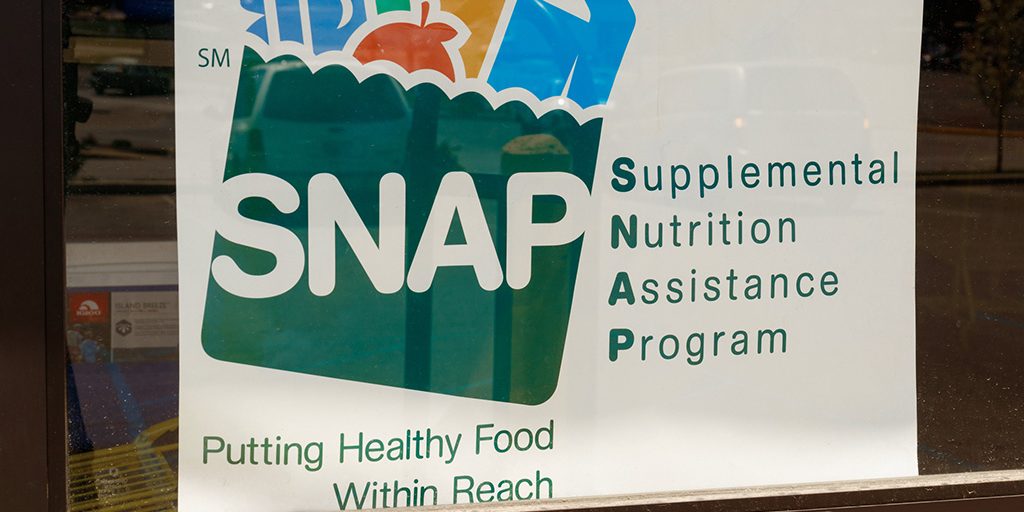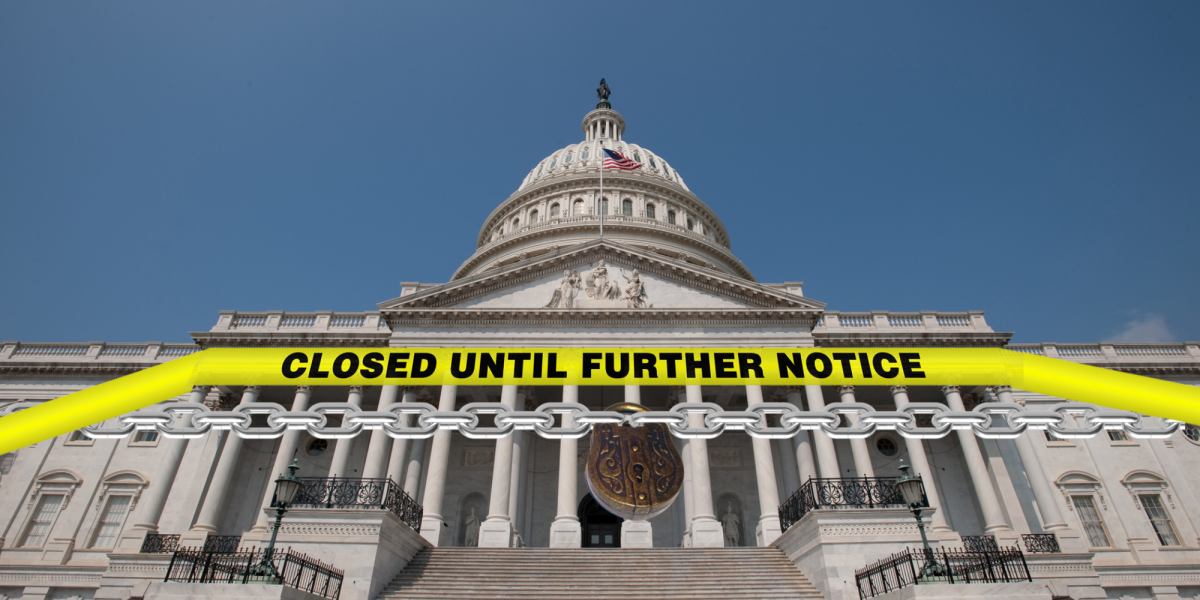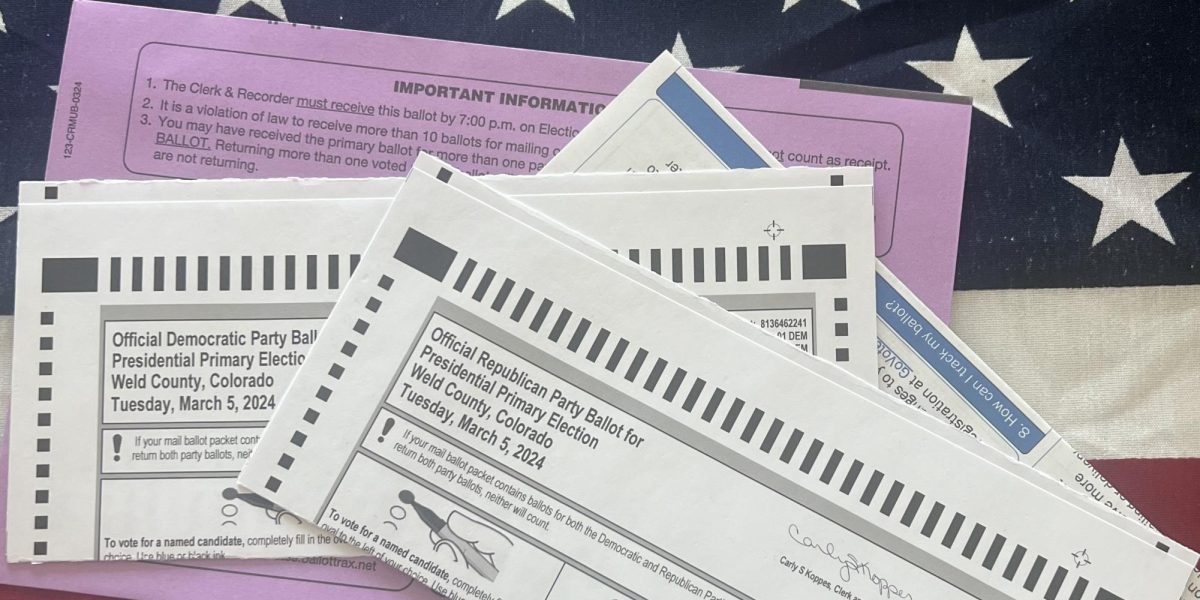President Joseph R. Biden and former President Donald J. Trump both claimed victory in their respective Colorado primaries on March 5. Biden received 83% of the vote for the Democratic Party nomination, and Trump received 63% of the vote for the Republican Party nomination. Of the 72 Colorado DNC delegates, Biden is predicted to win them all, as no other challenger reached the 15% vote threshold to nab any delegates. Of the 37 Colorado GOP delegates, 23 are pledged to Trump and 11 are pledged to Haley (with 3 yet to be awarded as of writing).
Colorado was not the only state with a March 5 primary election–this year’s Super Tuesday gave Joe Biden primary victories in Alabama, Arkansas, California, Iowa, Massachusetts, Maine, Minnesota, North Carolina, Oklahoma, Tennessee, Texas, Utah, Virginia, and Vermont in addition to Colorado.
Donald Trump also claimed a primary victory in all of these same states except Vermont, which went to Nikki Haley by a slim 50.2% majority. American Samoa also had a Democratic caucus (but not a Republican one) that saw Biden lose to challenger Jason Palmer 51-40 (those aren’t percentages–there were only 91 total ballots cast there).
While Jason Palmer became an unexpected new concern for the Biden campaign, the Trump campaign lost its biggest challenger. On Wednesday, Nikki Haley suspended her campaign for President, a move expected by most political pundits after Tuesday’s results. Super Tuesday marks roughly the halfway point of the primary season for the Republican Party: 23 states, Washington D.C., and the Virgin Islands have all held their primary or caucus elections; of these, Haley was only victorious in D.C. and Vermont, netting her only 89 of the 2,429 total party delegates.
Meanwhile, Trump has netted 1,031 delegates, only 184 short of securing the Republican nomination in the first round of voting at their mid-July convention. As the GOP has not yet appointed actual delegates to fill the pledged spots won by each candidate, Trump could win support from the 101 delegates pledged to Haley, Ron DeSantis, and Vivek Ramaswamy, all of whom have dropped out of the race.
While Trump has cleared the field of his primary opponents, the GOP still has concerns going into the Presidential race. While Haley only won two primaries, she got at least 10% in every Super Tuesday primary and scored over a third of the vote in Vermont, Utah, Massachusetts, Virginia, and Colorado… and not all of these voters will move over to Trump in November.
Nikki Haley’s campaign was run as a referendum against Trump and his Presidential aspirations, and she actively courted support from those in the party who believe Trump is too old, that he is going through a mental decline, that he is unfit for office after the January 6 Government Insurrection, or simply that he made poor policy decisions during his first four-year term. GOP strategists worry that if Donald Trump can’t reengage most of these voters and get their support, they will cost him the election by not voting, voting for a third-party candidate, or voting for Joe Biden (whose campaign is already trying to court Haley voters).
Joe Biden is facing a similar threat to his campaign, as he has received the same criticism as Trump about his age, his mental health, and his policies on the economy and immigration. Recently, Biden has also been lambasted for his continued support of Israel’s alleged genocide against the Palestinians in the Gaza Strip. To this end, several states–including Colorado–included a “none of the above” option on their Democratic primary ballots for those in the Democratic Party who are unhappy with Biden but have no clear primary challenger to support. Just as Trump needs to get Haley voters on his side, Biden needs to win back these non-committed voters to win the Presidency–47,629 voters in Colorado alone, as of this writing.
Statewide, Joe Biden received 468,705 votes (82.71%), Not Committed received the previously mentioned 50,134 votes (8.85%), Marianne Williamson received 16,121 votes (2.84%), the winner of American Samoa Jason Palmer received 3,876 votes (0.68%), and all other Democratic Primary candidates received a combined 27,869 votes (4.92%). This last total includes Dean Phillips, who ranked fourth in Colorado’s Democratic Primary but, like Nikki Haley, dropped out of the Presidential race Wednesday. Weld County was slightly less enthusiastic about Biden than the rest of the state, as Biden won the county by 81.6%. Around 12.9% of registered voters in Colorado participated in the Democratic Primary.
Statewide, Donald Trump received 535,858 votes (63.2%), Nikki Haley received 284,855 votes (33.57%), and all other candidates–none of whom had an active campaign on Tuesday–received 27,706 votes (3.23%). Around 9.5% of Coloradans and 17.5% of 2020 voters participated in the Democratic Primary. Weld County was significantly more enthusiastic about Trump than the rest of the state, as Trump won the county by 73.2%–10 points higher than the state total. Around 19.3% of registered voters in Colorado participated in the Republican Primary.
Vote counts were calculated as of 8:00 AM on Thursday, March 7, with 92% of ballots counted. Voter registration statistics are as of March 1, 2024. For current results, visit the Colorado Public Radio election page.













































